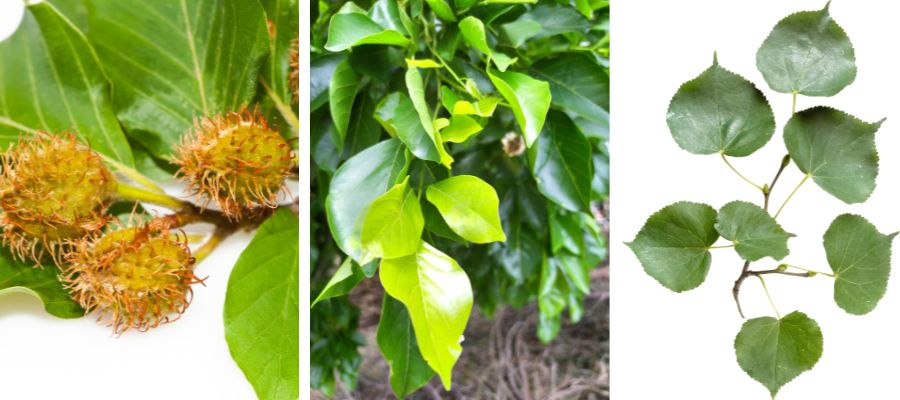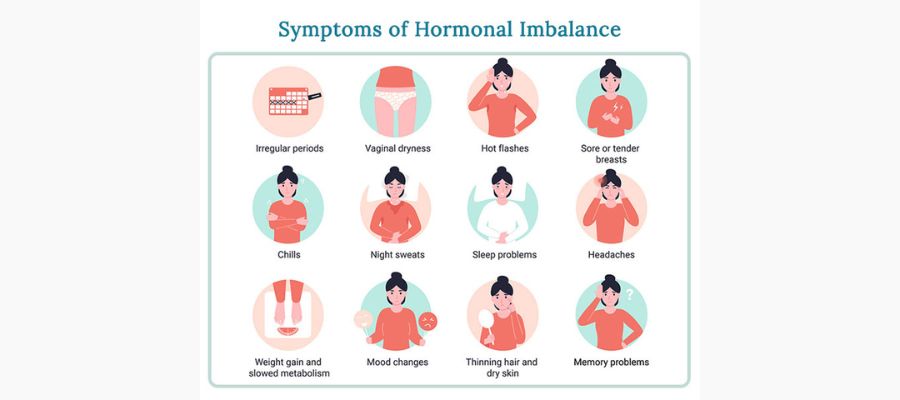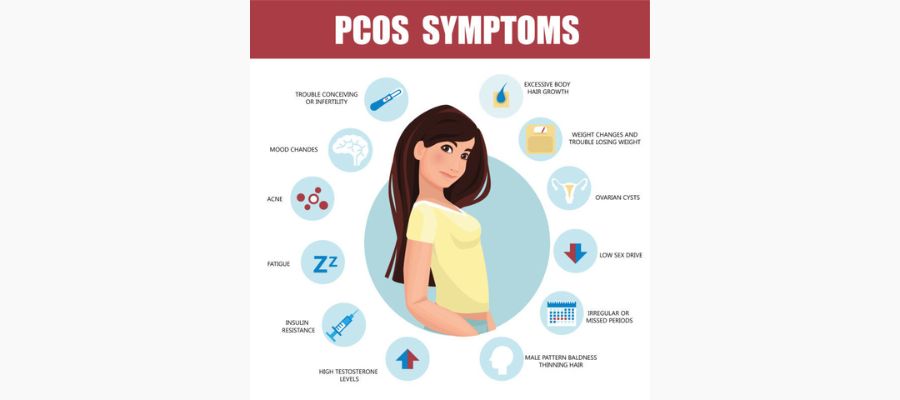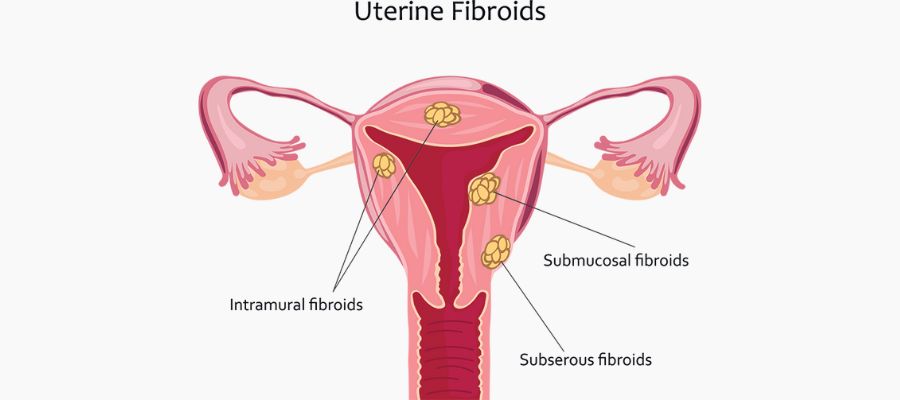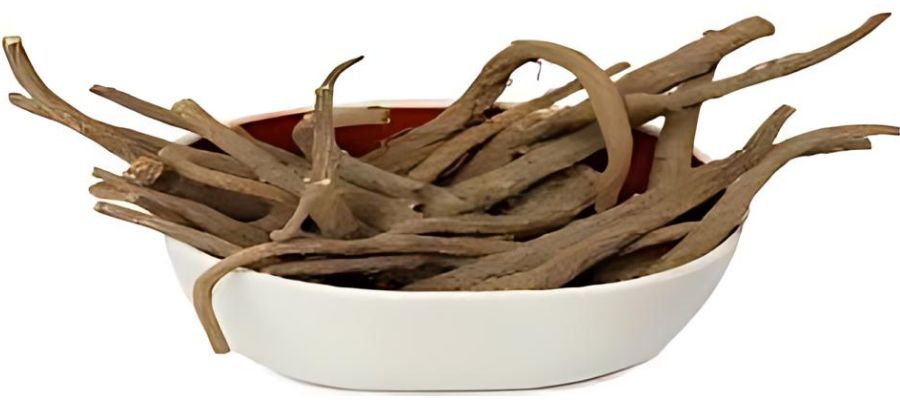
SCIENTIFIC NAME: Anacyclus pyrethrum
HINDI NAME: Akarkara
ENGLISH NAME: Pellitory, Mount Atlas Daisy
FAMILY: Asteraceae
SHORT DESCRIPTION
The root of Akarkara are mildly fragrant and have a pungent flavour and is widely utilised in Ayurvedic medicine to treat vitiated Kapha and Vata doshas. It has a strong flavour and a high heat level. It is also an aphrodisiac, antimicrobial, pain reliever, anticonvulsant, anti-inflammatory, and nerve relaxant. Consuming this plant improves the hormonal balance of the male gonads as well as testosterone levels.
USES & HEALTH BENEFITS
- Improves sexual performance
- Aphrodisiac action
- Libido stimulants
- Spermatogenic
- Diuretic activity
- Cures premature ejaculation
- Aids in erectile dysfunction
PRECAUTIONS & SIDE EFFECTS
- Might cause allergies in those who are already allergic to Daisy's family of flowers.
- Excessive salivation, mouth ulcer, burning sensation, heartburn, acidity, and aggravated ulcer conditions can all result from overdosage and overuse.
- If you have a burning feeling, gastritis, ulcer, acidity, or inflammatory bowel illness, avoid this product.
HOW TO USE
- To treat impotency, take akarakara in combination with ashwagandha and kaunch beej, as they help to increase its efficacy for a longer duration.
- To improve its aphrodisiac activity and maintain its impact after discontinuing Akarkara dosage, it is used with other herbs such as ashwagandha, safed musli, kaunch beej, jaiphal, and others.
- Akarkara dose varies with age and health condition. To avoid any side effects, the maximum daily dose should not exceed 4 g.


